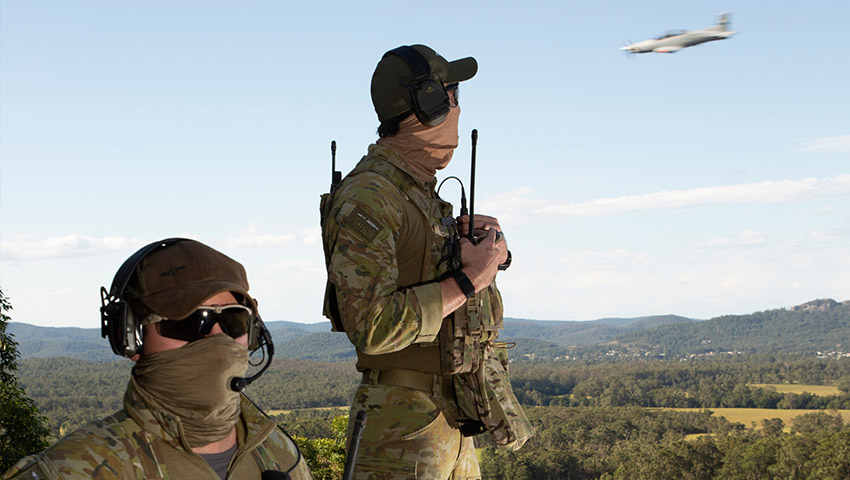Minister for Veterans’ Affairs and Defence Personnel Darren Chester has announced the government’s interim response to the Productivity Commission report, A Better Way to Support Veterans.
To continue reading the rest of this article, please log in.
Create free account to get unlimited news articles and more!
Minister Chester said the interim response addressed 25 of the report’s 69 recommendations, with a particular focus on mental health, wellbeing, employment support and transition.
“The government has carefully considered the Productivity Commission’s findings and has listened to the veteran community to ensure our interim response is considered and will deliver support where it is needed most. In these uncertain times the government has prioritised initiatives that bolster access to mental health support, improve the transition to civilian life and increase access to employment,” Minister Chester said.
Seventeen of the 25 recommendations addressed in the interim response have already been implemented, are underway, or will be delivered by the Department of Veterans’ Affairs (DVA) or Defence using existing resources.
The remaining eight include the two Gold Card recommendations that have been rejected, and six recommendations addressed through in the 2020–21 budget.
Minister Chester added, “The government recognises the important role the Veteran Gold Card has in supporting veterans and their families to access treatment, and this is why we are rejecting the recommended changes to the Gold Card outlined in the Productivity Commission report, providing clarity and certainty to veterans and their families.”
Other measures announced in the budget include:
- Recommendation 16.3 – providing $94.3 million to increase fees paid to mental health, social work and community nursing providers to improve mental health outcomes and ensure high-quality care for our older veterans and their families, and to better support transition to civilian life;
- Recommendation 17.2 — providing $5 million to expand Open Arms – Veterans & Families Counselling (Open Arms), especially in regional and remote areas; and
- Recommendation 16.1 — providing $2.4 million to expand eligibility for Coordinated Veterans’ Care, which provides GP-led team-based care, to White Cardholders with an accepted mental health condition.
The government will not proceed with the recommendation to levy a premium on Defence (Recommendation 11.2), but has agreed to fund the first stage of developing a data sharing and analytics solution between the Departments of Defence and Veterans’ Affairs (DVA).
“The response includes the establishment of a Joint Transition Authority that will provide a better transition for Australian Defence Force personnel as they move back to civilian life, a major step forward. This addresses recommendation 7.1 of the Productivity Commission’s report,” Minister Chester explained.
The solution will be underpinned by ADF member and veteran wellbeing frameworks to help with injury prevention and management and understanding of the long-term costs of military injuries.
The government also released the Independent Review of the Totally and Permanently Incapacitated (TPI) Payment by David Tune AO PSM, agreeing to all the supplementary recommendations in the report.
“Mr Tune’s review is the third assessment into issues raised by the TPI Federation around the TPI Payment, with the previous two being the KPMG Review of TPI Benefits and the Productivity Commission’s report,” Minister Chester said.
“The government has accepted the recommendations in the report by Mr Tune, as well as announcing in the Budget that Recommendation 15.1 from the Productivity Commission’s report will be implemented, which provides $25.9 million in additional support to disabled veterans.
The KPMG Review, Tune report, and Productivity Commission reports are all available on the DVA website.
“The Productivity Commission’s report is wide-ranging and complex, and we are committed to consulting with the ex-service community to consider and address the remaining recommendations as part of our final response to be provided as part of the 2021–22 budget,” Minister Chester said.
“The government believes major reform of the veteran support system, particularly to legislation and entitlements, should be carefully considered and implemented incrementally to limit disruption and ensure it best meets the future needs of our veterans and their families.”
The government will also respond to the recommendations from the Joint Standing Committee on Foreign Affairs, Defence and Trade Inquiry into transition from the Australian Defence Force and the Veterans’ Advocacy and Support Services Scoping Study in the 2021–22 budget.

 Login
Login







